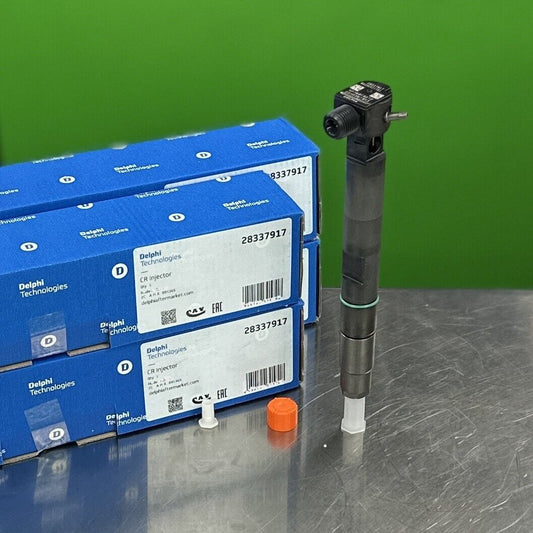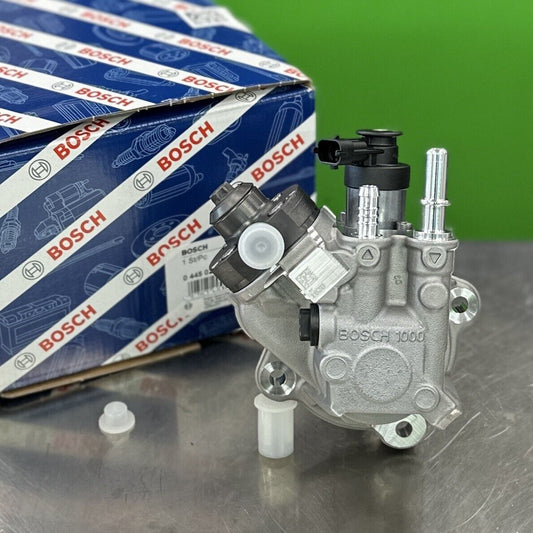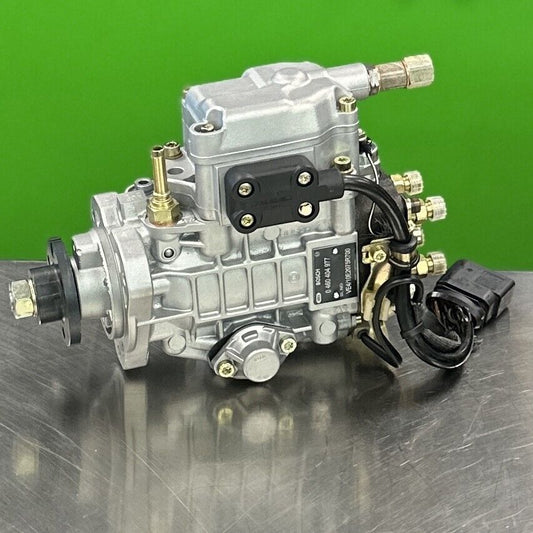Actuator: The Crucial Component for Diesel Engine Performance and Efficiency
Diesel engines are known for their power, efficiency, and reliability. A key component that contributes to these qualities is the actuator. While actuators may not be as well-known as other engine components, they play a vital role in ensuring that your diesel engine operates smoothly and efficiently.
What is an Actuator?
An actuator is a mechanical or electronic device that controls the operation of various engine components, such as the variable geometry turbocharger (VGT), exhaust gas recirculation (EGR) valve, and fuel injection system. It essentially acts as the muscle behind these critical components, ensuring they operate at the right time and under the correct conditions.
Common Types of Actuators in Diesel Engines
- VGT Actuator: Controls the vanes inside the turbocharger to regulate boost pressure.
- EGR Actuator: Regulates the flow of exhaust gases back into the combustion chamber to reduce emissions and control combustion temperatures.
- Fuel Injection Actuator: Controls the timing and volume of fuel injection, allowing for precise combustion control.
Importance of Proper Actuator Function
Proper actuator function is essential for several reasons:
- Performance Optimization: Actuators ensure that engine components operate optimally, leading to better power output and fuel efficiency.
- Emission Control: Actuators play a key role in controlling emissions by regulating various engine functions.
- Fuel Efficiency: Actuators help achieve better fuel efficiency by optimizing combustion processes.
Common Actuator Issues
Actuators can experience problems over time, affecting engine performance. Some common actuator issues include:
- Sticking: Actuators can become stuck due to carbon buildup or mechanical wear, leading to improper function.
- Electrical Failures: Electronic actuators may experience electrical issues that disrupt their operation.
- Vacuum Leaks: Actuators that rely on vacuum systems may suffer from leaks, causing erratic behavior.
Diagnosing and Addressing Actuator Problems
If you suspect an actuator issue in your diesel engine, it's important to diagnose and address it promptly. Professional mechanics often use diagnostic tools to pinpoint the problem accurately. Depending on the issue, repairs may involve cleaning, recalibrating, or replacing the actuator.
Conclusion
Actuators are a critical component of diesel engines, and their proper function is essential for performance, efficiency, and emissions compliance. By understanding the function of actuators and addressing issues promptly, diesel engine owners can help ensure their engines operate reliably and efficiently for many years to come.



